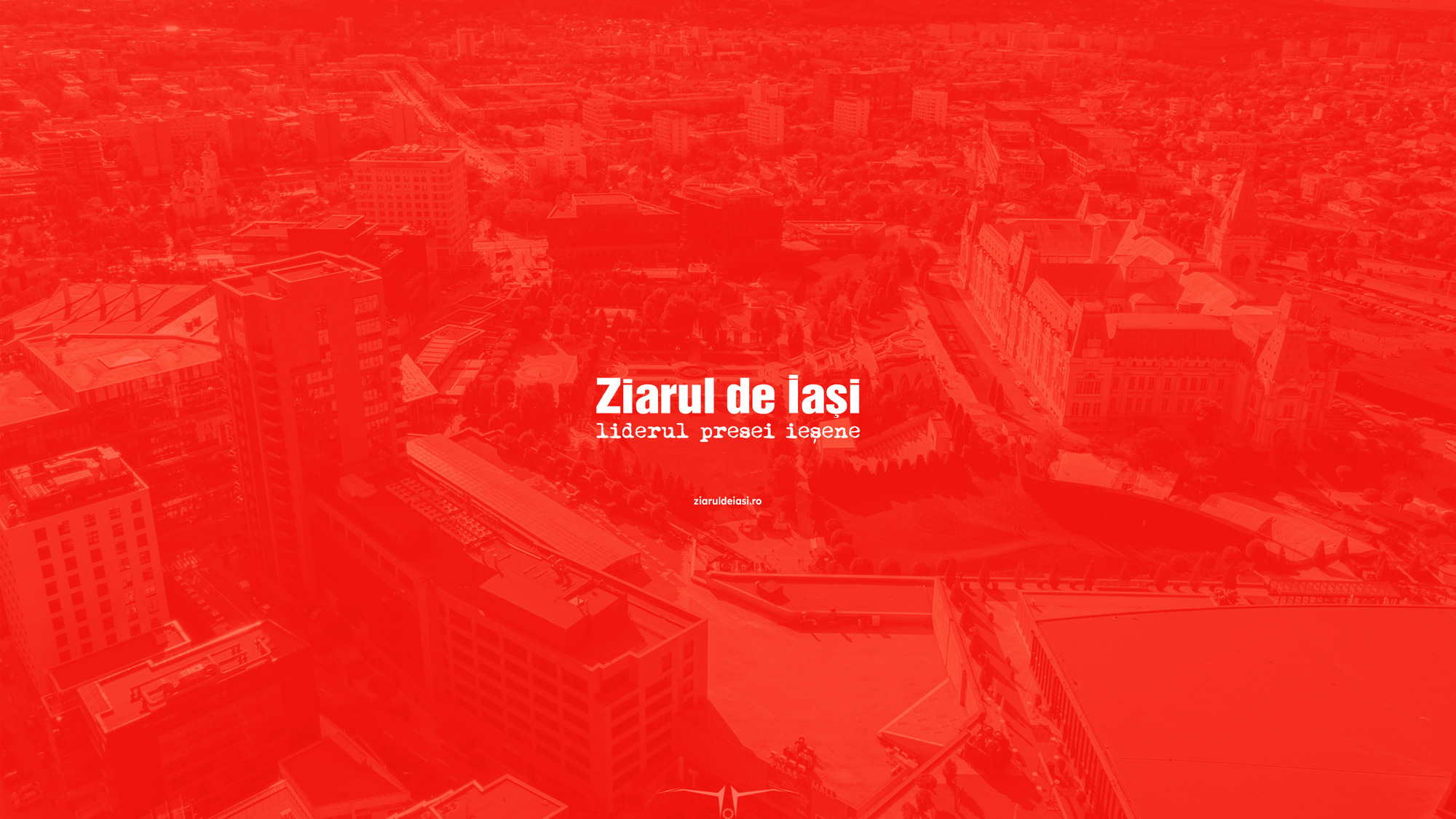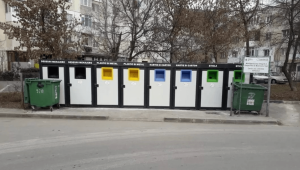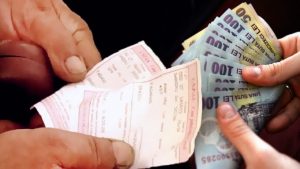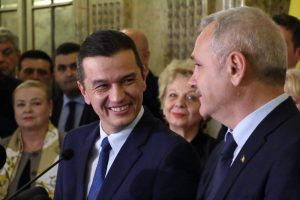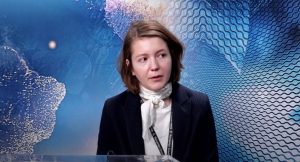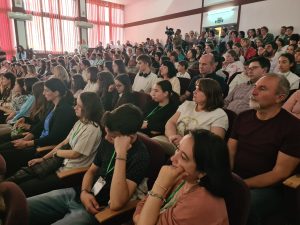
Mathematically a minority party, Ion Iliescu’s and Adrian Nastase’s party has in fact a pretty comfortable position in the Parliament. The negotiations with PNL (National Liberal Party), PD (Democratic Party) and UDMR (Democratic union of the Hungarians in Romania) are more for the sake of intern and especially international public opinion. In reality, by the support, expectable form the national minorities – who only have advantages out of the collaboration with the party in power and the explicit or implicit migration, pretty probable, of some PRM or even PD parliamentarians – PDSR will be able to handle the situation without big problems as for the support of the laws they want to promote. With two Oppositions, of totally different natures, the Executive will almost automatically have the support of one of them, according to the type of legislative projects they want to submit to the Parliament.
As for the public image, PDSR’s position is equally favorable. For the intern consumption, one could reproach the "democratic opposition" the fact that its intransigence might push the governmental party in PRM’s arms. For the extern consumption, the scarecrow Vadim offers the Nastase Cabinet a better channel towards the European offices, somehow blurring the negative image associated with the "ex-communist’s" Ion Iliescu coming back in power.
This picture also offer to PDSR and Adrian Nastase in particular, extremely strong power levers, doubled by a visibly increased accceptability degree at t he external level. Romania is included, starting with last year from Helsinki, in the list of the candidate countries for the adherence to the European Union. Subsequently, Romania was also nominated for the presidency of OSCE.
The social pressure remains, of course, but PDRS’s political ability, its control on the majority of the important trade structures and the administrative levers to the bottom, will certainly keep under control any big explosion.
Consequently, the new executive has excellent starting prerequisites, and, therefore, the chance to follow the adherence strategy proposed by the Isarescu cabinet to the European Union. What might tangle the situation is not a question of external blockage but an internal one within PDSR. Even if the new government has many fresh characters, the party, on the whole, looks different, especially at its basis. Here coexist older activists, from the former communist structures, and local businessmen opportunistically arrived in the party over the last year, eager to transform quickly in financial personal advantages the new political position. Romanian remains with a fundamental problem, with big destabilizing potential on a medium and long run: a strongly unbalanced political spectrum. If the democratic political forces in the Opposition, in the Parliament and besides the Parliament, do not manage to build over next year a real counterweight to PDSR, there is a real danger that it effectively absorb the state until 2004. And a party-state will eventually become an obstacle against the country’s modernization, even if the new executive will initially make the right movements in the economic and political fields. The danger is even bigger as many of the main newspapers and TV channels are now under the control of some business circles, which will be extremely attentive not to endanger their interests, against the new power. This is why it is much less probable that the situation between 1990-1996 repeat, when the press made up for the weak opposition at the time. The civil society is also mined by a lot of personal conflicts and vanities, and meanwhile the pragmatism replaced the diffuse moral and intellectual energy that made possible the Democratic Convention’s victory in 1996. If next year the PNL’s ambitions to occupy by its own all the Right-centrist area, if PNTCD (National Christian and Democratic Peasant Party) continues the fight for power and doesn’t find the force to rebuild itself once again or if a similar party as for the doctrine does not occupy the place left by the Peasant Party members, then the present political lack of poise will become permanent. We cannot hope endlessly that the only real political counterweight to PDSR come from Brussels.
(Alexandru LAZESCU)

